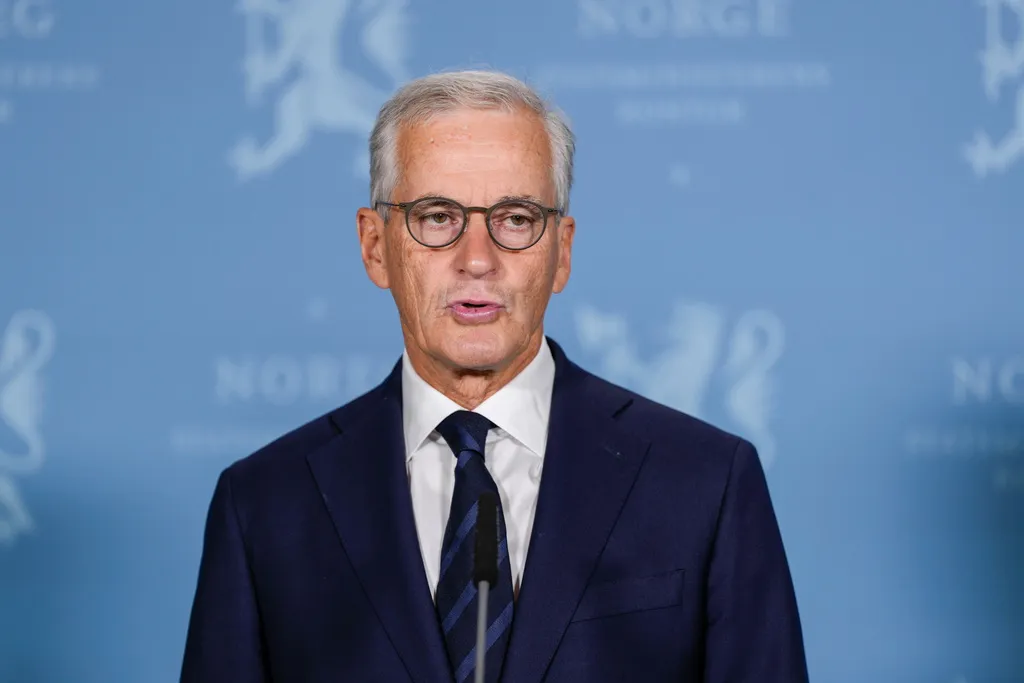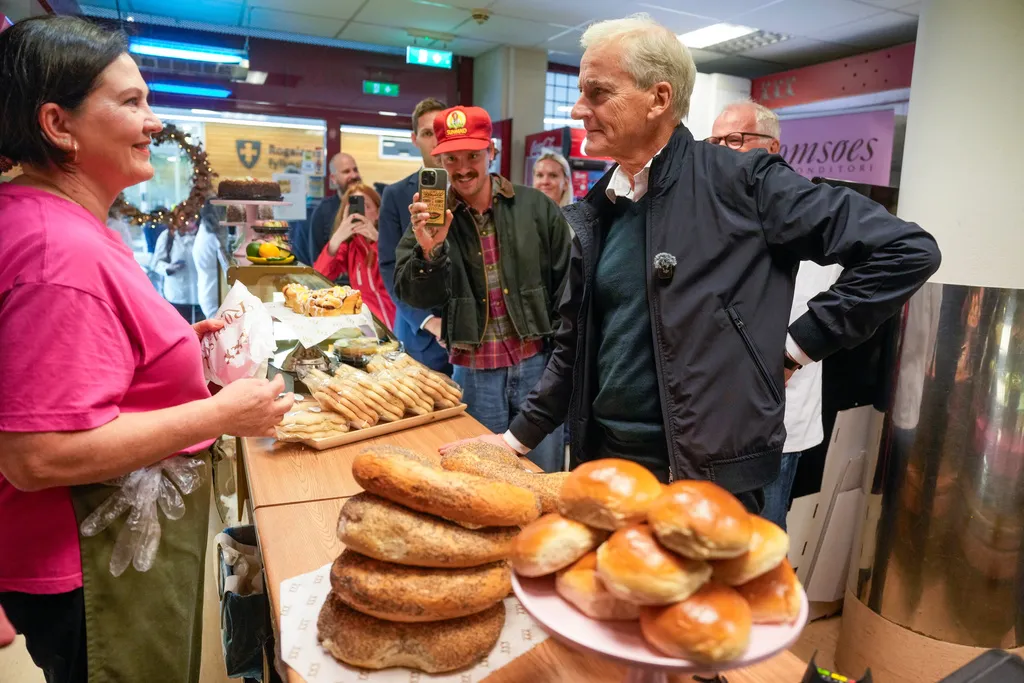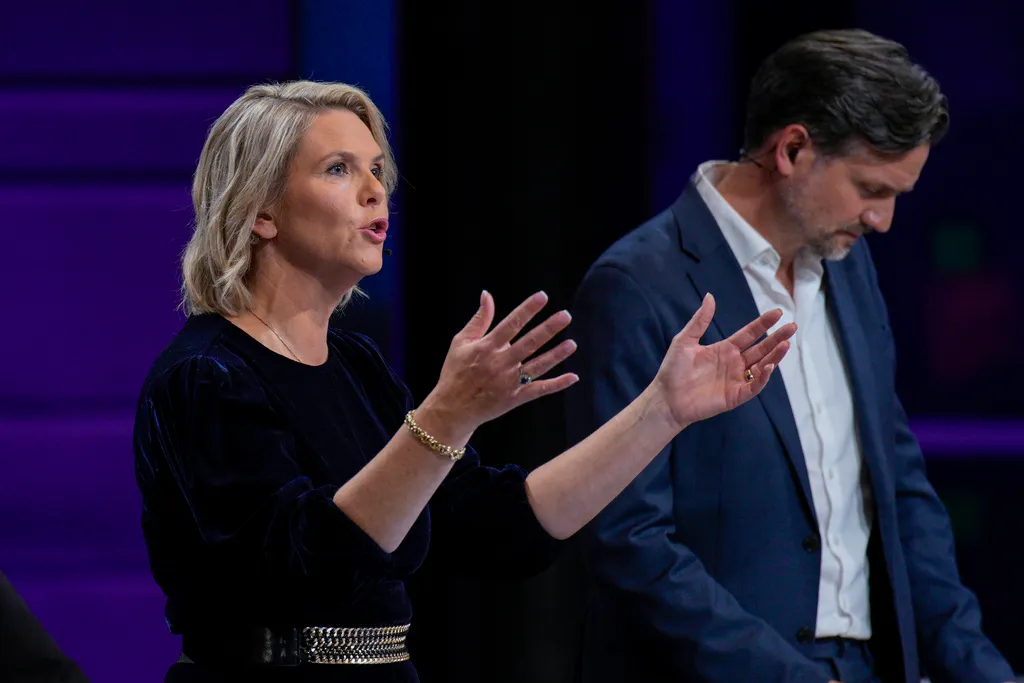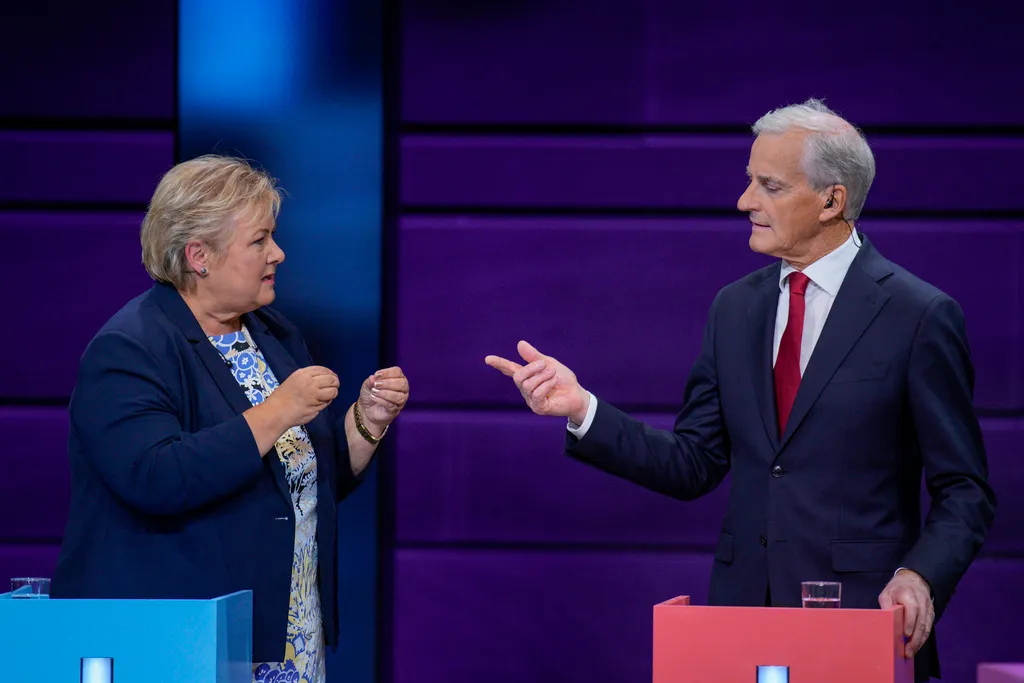


Norwegians are heading toward a narrow election as another right-wing populist party aims to topple their nation’s left-wing establishment, continuing a trend seen throughout Europe.
Polls show a close race between two coalitions. On one side is a rainbow alliance of small leftist parties orbiting the ruling Labor party, on the other is the Progress Party and the establishment right that it has eclipsed.
Recommended Stories
- Close friend of JD Vance, David Lammy, gets promotion to deputy prime minister in UK
- Hamas releases video of two hostages in Gaza City as Israel prepares bombardment
- Xi Jinping bonds with Kim Jong Un over 'common ideals' of socialism at first meeting in years
The parliamentary election is set to be held from Sept. 7 to Sept. 8, but early voting is already underway nationwide.

Labor Party leader Jonas Gahr Støre is seeking to retain power through a coalition with a smattering of smaller left-wing groups, such as the Socialist Left, the Communists, the Center Party, and the Greens.
Current polls project these parties to secure approximately 87 seats, a slim majority in the legislature.
The Storting, Norway’s parliament, has 169 seats representing 19 constituencies. Following an election, “the number of seats […] won by a party is, as far as possible, directly proportionate to the amount of support the party has among the voters.”
In the parliament, 19 “adjustment” seats are reserved to ensure that any party receiving at least 4% of the national vote is guaranteed representation.
Labor has held power since 2021, when the Center Party helped wrest control from the center-right Conservative Party.
The Center Party pulled out of the coalition in February of this year, leaving Labor as the first single-party minority government in over two decades.
Heading into next week’s elections, the Conservatives, led by lawmaker Erna Solberg, have lost their position as the preeminent force on the right.
Instead, opposition to the left-wing coalition is spearheaded by the anti-immigration Progress Party, currently polling as the second-most popular party in the Storting. Progress boasts a platform that promises widespread tax cuts and harsher criminal penalties.
The party is currently polling at approximately 22%, well above the Conservatives’ 14.5%.
Progress Party is headed by Sylvi Listhaug, a former minister of justice who was forced to resign in 2018 after writing a Facebook post asserting that Labor “believes […] terrorists’ rights are more important than the nation’s security” went viral.
The social media post was a criticism of Labor’s opposition to a bill that would have allowed the government to strip Norwegian citizenship from individuals suspected of joining foreign terrorist groups without requiring a court hearing.

Since then, Listhaug has warned that Norway’s mass immigration risks sliding the country into “Swedish conditions,” a dig at the rival nation’s self-professed woes regarding mass immigration and violent crime.
Progress was outpacing Labor as the strongest contender until the first months of this year, when the left-wing party began surging from a low of 17% to over 28%.
That momentum has slowed, with some experts suggesting that the rise of U.S. President Donald Trump has pushed Norwegians toward more experienced leaders.
“With the election of Donald Trump in the U.S. and the war in Ukraine, there’s sort of a rallying around people who are very experienced, like the prime minister,” Johannes Bergh, who heads the national election studies program at the Institute for Social Research in Oslo, told French outlet AFP on Friday.
Bergh has also pointed to the return of Jens Stoltenberg to national politics as a major factor in Labor’s revitalization.
Stoltenberg, brought on as Labor’s finance minister this year, is a former chief of NATO and among the most popular politicians in Norway.
“I’m actually surprised how much I like it,” Stoltenberg told Reuters last month. “This is something I have done actually since the 1970s, and then I had a 10-year break when I was in NATO.”
Echoes across Europe
Norway’s political landscape, particularly the rise of a populist alternative to mainstream parties, echoes similar upheavals across the Old Continent.
The trend was first highlighted in Germany, where there was a groundswell of support for the anti-immigration Alternative für Deutschland (AfD), a party endorsed by Trump, Vice President JD Vance, and tech billionaire Elon Musk.
The AfD’s rhetoric, inspired by the Make America Great Again movement, doubled the party’s vote share in February but failed to reach a threshold that would allow it to overcome the mainstream parties’ “firewall.”
Poland elected Karol Nawrocki, an independent outsider with no political experience, as president by the slimmest of margins in June. His platform was centered on pushing back against attempts to reform or liberalize Polish society, a direct rebuke of the policies touted by Prime Minister Donald Tusk.

National Rally, the right-wing French party led by Marine Le Pen, is the largest party in the nation’s legislature but remains unable to break out of the three-way deadlock bogging down national politics.
Prime Minister François Bayrou’s government is likely to collapse after a confidence vote on Monday. President Emmanuel Macron is expected to swiftly replace the head of government to avoid a snap election that could send the National Rally into the majority.
Nigel Farage’s Reform UK party hopes that the continued collapse in support for the British Labor Party will lead to an early election. The party leads the polls with 44% support.
“We’re about to witness a big rift in the Labor Party,” Farage told supporters on Friday. “I think there’s every chance now of a general election happening in 2027, and we must be ready for that moment.”
SEVEN GERMAN AFD POLITICIANS DIE WITHIN WEEKS OF EACH OTHER AHEAD OF ELECTIONS
Archconservative countries like Hungary have sought to capitalize on this populist momentum, attempting to build international coalitions of ascending right-wing parties.
